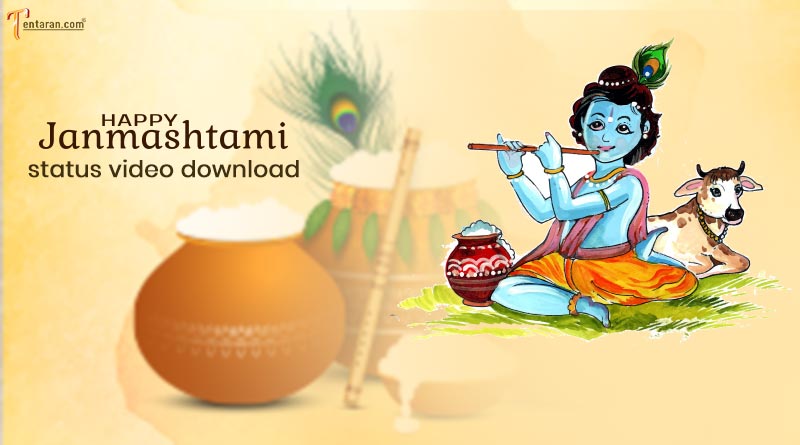Lord Krishna’s birth is celebrated as Krishna Janmashtami or Gokul Ashtami. It is being celebrated across the country today.
The birth of Lord Krishna, believed to be the eighth avatar of Lord Vishnu, is celebrated every year with much fervour. Called Janmashtami or Gokulashatami, it is usually observed on the eighth day or Ashtami of the Krishna Paksha in the month of Shravan or Bhadrapad. This year, Janmashtami falls on August 30, 2021.
Krishna puja is usually conducted at midnight; the ritualistic puja includes 16 steps which are part of the Shodashopachara puja vidhi.
Krishna Janmashtami marks the birth of Lord Krishna who is considered the eighth avatar of Lord Vishnu, he is the preserver among the Trinity.
Krishna Janmashtami is a Hindu festival which celebrates Lord Krishna’s birth and is also called Gokul Ashtami. All across the country today, devotees are celebrating Krishna Janmashtami with fervour and enthusiasm.
Prime Minister Narendra Modi greeted people on the occassion of Janmashtami
Several leaders including Prime Minister Narendra Modi, President Ram Nath Kovind and Congress leader Rahul Gandhi greeted people on the occassion of Janmashtami.
Born in a dungeon in present-day Mathura in Uttar Pradesh at midnight to Queen Devaki and King Vasudeva, Krishna is described in Hindu epics as the god of love, tenderness and compassion.
He is also praised as a prankster who often used his supreme powers to help others, stunning his friends and family.
his year, the puja timings are between 11:59 pm and 12:44 am, August 31, according to drikpanchang.com. The Ashtami tithi begins at 11:25 pm on August 29 and ends at 1:59 am on August 31.
Believed to be one of the most powerful incarnations of Vishnu, Krishna was born in a dungeon in Mathura where his parents were imprisoned. Owing to a threat to his life, he was swiftly taken to Gokul to be raised by his foster parents, Nanda and Yashoda.
The day is celebrated particularly in Mathura and Vrindavan. Along with major Vaishnava and non-sectarian communities found in Manipur, Assam, Bihar, West Bengal, Odisha, Madhya Pradesh, Rajasthan, Gujarat, Maharashtra, Karnataka, Kerala, Tamil Nadu, Andhra Pradesh and all other states of India.
However, owing to the pandemic, the festivities are expected to be restricted.

